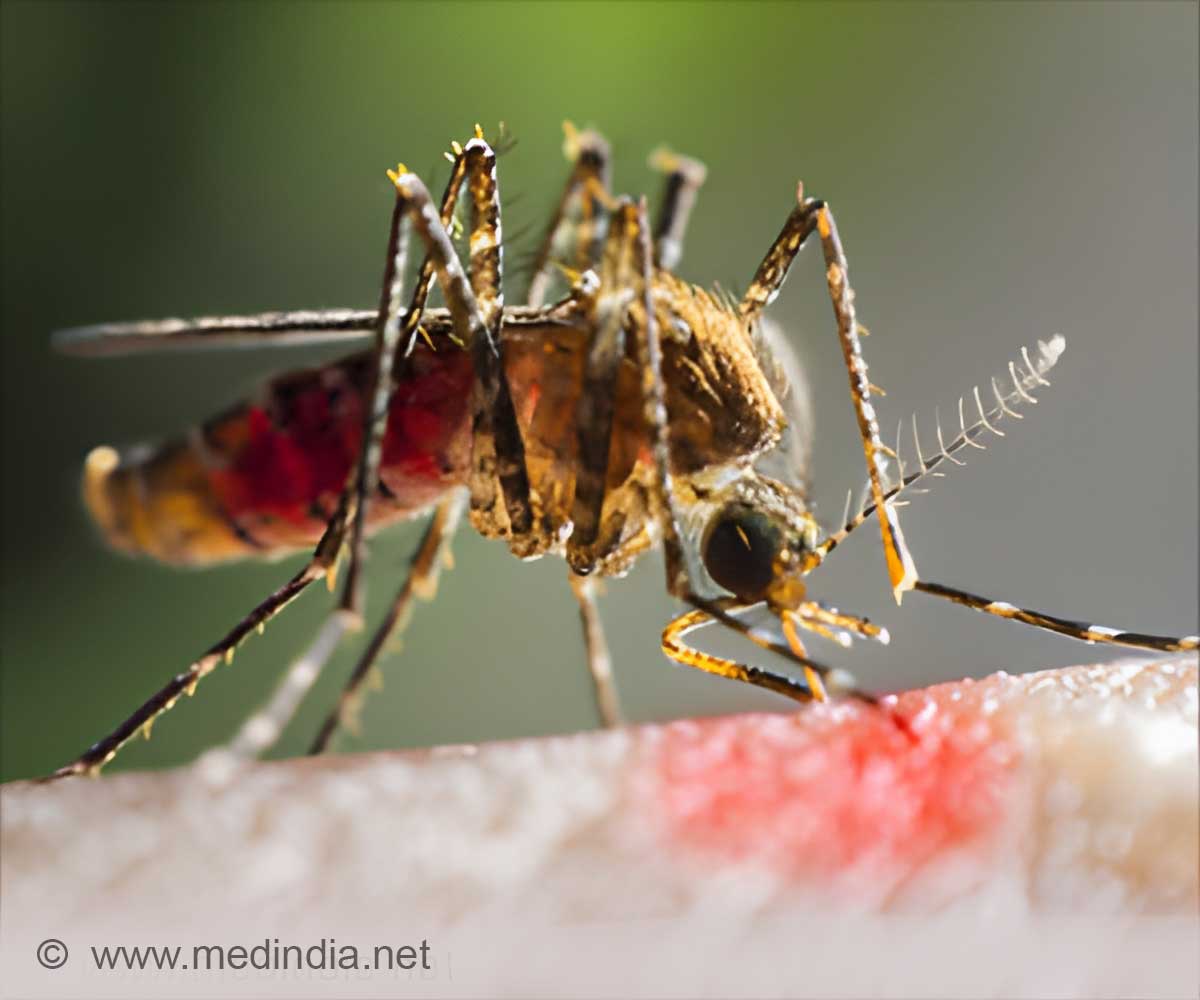A single dose of a DNA vaccine or a purified inactivated virus vaccine provides complete protection against the Zika virus challenge in mice.

‘Two vaccine candidates tested for Zika are, a DNA vaccine developed in the Barouch laboratory at BIDMC, and a purified inactivated virus vaccine developed at WRAIR.’





ZIKV is a member of the flavivirus family of viruses. Transmitted by mosquitoes, ZIKV is responsible for an unprecedented epidemic in the Americas. This family of viruses also includes West Nile virus, yellow fever virus, Japanese encephalitis virus, tick-borne encephalitis virus, and dengue viruses, for which successful vaccines have been developed. "Our data demonstrate that a single dose of a DNA vaccine or a purified inactivated virus vaccine provides complete protection against the ZIKV challenge in mice," said senior author Dan H. Barouch, MD, PhD, Director of the Center for Virology and Vaccine Research at BIDMC, Professor of Medicine at Harvard Medical School, and Steering Committee member at the Ragon Institute of MGH, MIT and Harvard. "Importantly, we showed that vaccine-induced antibodies provided protection, similar to existing vaccines for other flaviviruses."
The researchers tested two vaccine candidates: a DNA vaccine developed in the Barouch laboratory at BIDMC, and a purified inactivated virus vaccine developed at WRAIR. The DNA vaccine used gene sequences from a ZIKV strain from Brazil to elicit immune responses.
Four weeks following vaccination, mice were exposed to the Brazilian strain of ZIKV, which had previously been shown to cause defects in fetal mice similar to those observed in ZIKV infected humans. All vaccinated mice were protected from ZIKV replication. Other mice were vaccinated and exposed to infection eight weeks later and were also protected from infection.
"The explosion of the current ZIKV outbreak and the devastating clinical consequences for fetuses in pregnant women who become infected demand the urgent development of a ZIKV vaccine," said Barouch.
Advertisement
Advertisement












